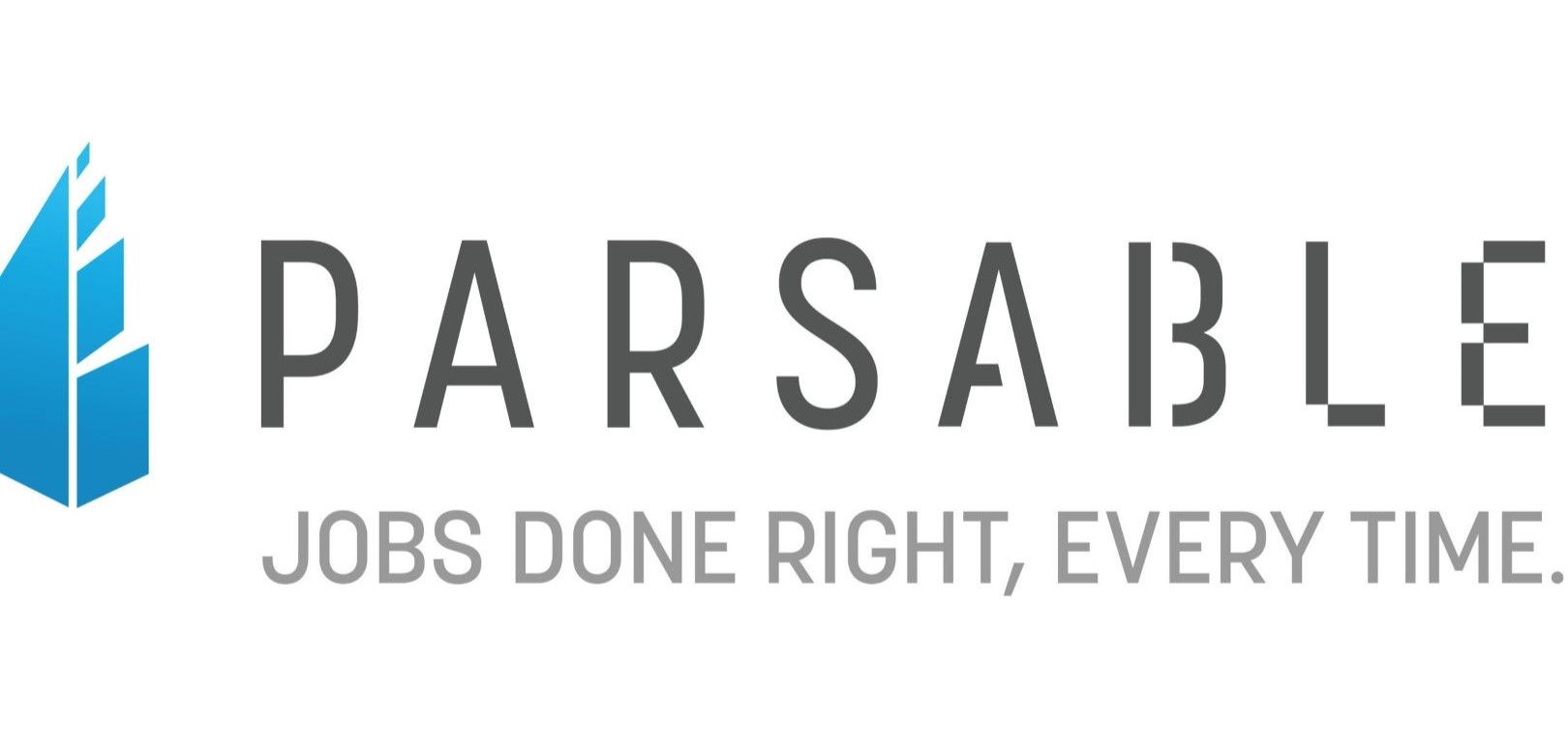Parsable Drives Corporate Sustainability Goals for Global Customers by Digitizing Plant's Environmental Standard Operating Practices

Source: https://www.streetinsider.com/dr/news.php?id=21529684&gfv=1
Global industrial and manufacturing leaders like Europe's leading corrugated packaging company, are utilizing Parsable's platform to capture data from frontline workers using smartphones and tablets during routine activities. Using Parsable, a single insight can result in millions of dollars in productivity gains and reduction in waste. With Fortune 500 clients across 86 countries and over 800 sites, Parsable has achieved remarkable results such as reducing defects by 75% thereby reducing waste and increasing overall equipment effectiveness (OEE) by 6% within months, without the need for additional IT support.
Europe's largest paper packaging company, has leveraged Parsable to optimize operations and achieve sustainability goals. Within just three months, Parsable helped them reduce waste by 10%, resulting in an annual savings of 700k GBP for a single site.
Empowering Manufacturers to Drive Sustainability Best Practices
"The manufacturing industry has a tremendous opportunity to leverage digital technology for their frontline workers and align them with corporate sustainability goals. By bridging the gap between frontline workforce and corporate, companies gain more visibility, traceability, and the ability to make real-time changes to impact sustainability goals and ensure regulatory compliance," says Yasmin Zarabi, SVP, ESG at Parsable.
Many global industrial customers have set ambitious climate goals, such as being carbon negative, achieving zero fatalities or zero waste, and becoming water positive in the near future.
Holcim, a leading building materials company, is using Parsable's platform for environmental compliance at more than 300 U.S. sites and counting, as part of their commitment to Net Zero. Parsable's Connected Worker® technology plays a key role in integrating Holcim's environmental, social, and corporate governance (ESG) objectives with their frontline activities. Holcim utilizes inspection data captured through Parsable to ensure regulatory compliance with local permits and ESG objectives, enabling them to capture, record, and analyze environmental work data in near real-time, resulting in decreased compliance deviations and improved environmental performance.
Safety is also a top priority for the manufacturing industry, and relying on paper-based safety instructions, training, safety checks, and incident reporting can be time-consuming and inefficient, leading to increased incidents and lost time incident rates, as well as regulatory fines.
Grupo Bimbo, a global bakery with over 130,000 employees, recognized the opportunity to improve safety performance by implementing digital and standardized operational procedures through Parsable. As a result, they were able to directly impact their Sustainability Goal of promoting a safe working environment for employees. Associates on the bakery floor captured data using Parsable-powered dashboards, providing leadership with real-time visibility into safety performance at enterprise-wide, regional, and facility-specific levels. Digitization led to shorter incident reporting time, faster investigation of incidents, and the ability to correct behaviors, resulting in reduced safety incidents.
Driving Environmental Performance with Data from the Frontlines
Achieving environmental performance goals, such as reducing CO2 emissions and conserving water resources, can also be realized through data-driven insights from frontline workers. A global bottling company was able to reduce CO2 emissions by digitizing the process for managing returned stock, resulting in real-time management of stock returns and reducing the number of vehicular trips, which contributed to the reduction of carbon emissions in the distribution chain. Additionally, the same company utilized Parsable checklists to track water consumption during the last rinse on packaging lines. Utilities staff and packaging leaders now have regular visibility into water consumption per machine and can identify causes for overconsumption. Through a company-wide reporting system, water consumption data is collected monthly from facilities worldwide, aiding in tracking progress against public ESG water reduction targets.